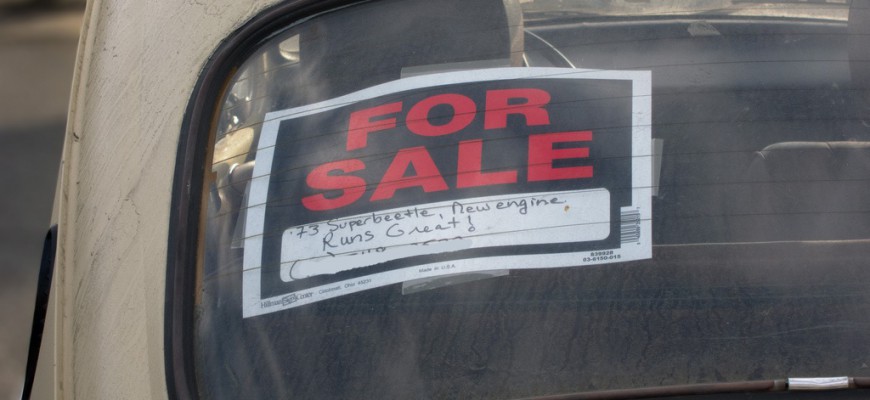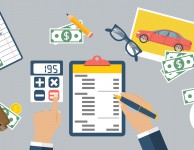5 Common Mistakes When Buying a Used Car
Buying a used car can be risky if you do not know what to avoid.
Many people make the same mistakes when used car shopping, without even realizing that they could have really gotten the car of their dreams just by doing a little extra research and some smart shopping. When they’re not aware of common errors, you can finish car shopping with either a bad car, a bad experience, or both.
Awareness goes a long way toward making the used car shopping experience a fully positive one. Here are some of the most common slip-ups that can occur when used car shopping, and how to avoid them to improve your experience:
Not getting a pre-purchase inspection:
This is one of the simplest oversights that customers make. Getting a pre-purchase inspection not only gives the buyer another chance to test drive the car, but it offers a second opinion on the state of the vehicle. Sometimes sellers or dealerships gloss over a defect. If you lack the mechanical knowledge required to see the problem, you might end up purchasing a vehicle that needs immediate repairs. Fortunately, nearly every mechanic will perform a pre-purchase inspection to catch those things a buyer can’t. If the dealership does not allow pre-purchase inspections or can’t provide one that was completed by an ASE certified technician, move on.
Making an emotional decision:
When the car of your dreams is found, it is easy to overlook the problems surrounding the car, be the price, its condition, or the gas mileage. It is wise to make an expensive purchase (like a car) when your emotions are in check. Before buying a car, sleep on the idea and try to get your emotions stabilized before looking at the car again with a clear head. This will minimize the chance of buyer’s remorse.
Not negotiating the purchase price:
Customers love to dispute the monthly payment on a car, often at the expense of ignoring the negotiation on the asking price. While some dealerships offer no-haggle prices that are typically around the Kelly Blue Book or NADA values, some dealerships will offer a high sticker price and allow you to negotiate. Time is better spent negotiating down the asking price than spending energy on paying less every month on the car. Don’t ignore this step when considering financing and you will pay less in the long run.
Forgetting to do your research:
Research is as easy as pulling out a smartphone today, yet many car shoppers consistently forget to research the cars they are considering. An online search can offer a wealth of information, from owner reviews to potential mechanical problems with the vehicle. There is no excuse for failing to do research.
Not knowing the value of a trade-in:
When trading in a car, research is once again vital. Not knowing the value of the car means not knowing what to expect for a good price in a trade-in. Being shortchanged in a trade-in results in paying more for the newly purchased vehicle. Don’t be caught in that trap. Know the value of the car being traded in and the transaction will go more smoothly.






